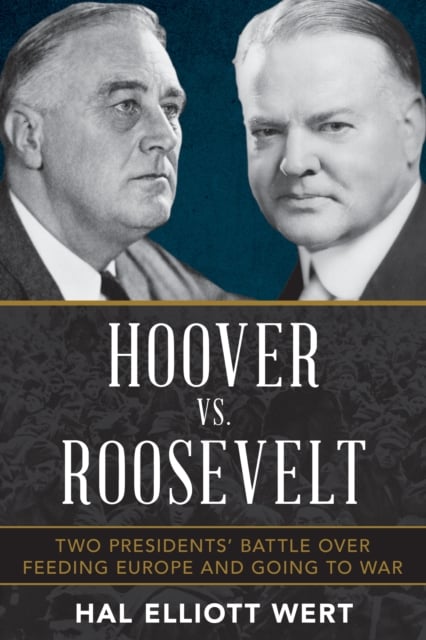


In the Depression election of 1932, Franklin Roosevelt crushed Herbert Hoover in one of the most lopsided presidential contests in American history. The White House rivals remained enemies long after: Hoover opposed the New Deal, and FDR found Hoover a convenient punching bag in elections throughout the Thirties. From Coolidge’s death in 1933 to Truman’s departure in 1953, Hoover was the only living former president of either party, and he maintained a strong international reputation, thanks to his achievements as an engineer and his efforts during World War I to organize aid for the starving millions of Europe. And yet, in nearly all accounts of the ferocious debate over American aid to Europe before the U.S. entered World War II, Hoover’s role has been overlooked.
Hoover versus Roosevelt tells the story of how the U.S. entered World War II through the lens of Herbert Hoover. The debate over entering World War II before Pearl Harbor remains one of the most contentious in American history. Historian Arthur Schlesinger called it “the most savage political debate of my lifetime”—more vicious, that great scholar of American history thought, than the arguments over McCarthyism and Vietnam. Most accounts have focused on isolationism versus internationalism, Lindbergh versus Roosevelt, but the story is deeper and more complex than that and involves the transition of an older era of international relations—exemplified by Hoover, who believed in the Geneva Accord, the Hague Conventions, and public-private partnerships to address world crises—to the modern era of total war.
Widely and deeply researched in an array of rarely used secondary and primary sources, both domestic and international, Hoover versus Roosevelt brings a fresh perspective to a time in our nation’s history when our country was deeply divided over what now seems a “done deal.”










